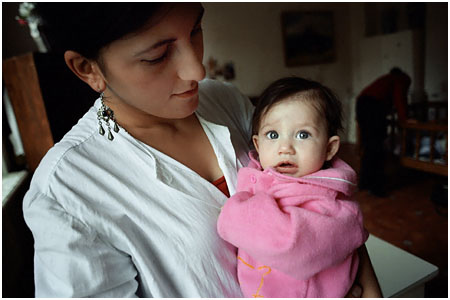“Let’s stop the quick fixes,” said Dr. Irene Agyepong of the Ghana Health Service at the symposium on “Building healthy lives with health systems research – evidence and lessons for addressing entrenched health inequities” on Monday afternoon at the Canadian Conference on Global Health in Ottawa. It was an incredibly insightful, revolutionizing discussion as she called for the end of the “magic bullet” or the so-called “quick fix that can’t seem to die” in global health and global affairs, in general.
Dr. Walter Flores from Guatemala made the case for examining the past to search for root causes of the health inequities we see today. He argued that marginalized populations are not accidental, but are a result of a historical process of exclusion. Mr. Moses Mulumba who is executive director at the Centre for Health, Human Rights, and Development (CEHURD) in Uganda emphasized the need for progressive engagement strategies with non-state actors to address existing health inequalities. However, he also contended that the end goal should be working towards bringing the state back to handle health care and other social services as public goods.
Dr. Agyepong asserted that although we can’t change the world in a day, we are capable of changing our “mental model” to adapt to the changing realities we are faced with. This is consistent with messages shared by other great minds present at the conference including Dr. Paul Farmer, Dr. James Orbinski, and development practitioner Julia Sanchez.
At the symposium, the panelists also introduced their new book, “Healthy Lives for Vulnerable Women and Children: Applying Health Systems Research.” The book is published in partnership with the International Development Research Centre (IDRC). Judging by the preview offered by the authors at the discussion, the book offers many practical lessons from a plethora of evidence and experience gained in the field by these global health leaders.
There were countless lessons learned from the conference, but one thing that many agree on is that we can’t tackle the challenges we’re faced with – be it health inequity, gender inequality, climate change, or humanitarian crises – unless we change the way we engage them. We can’t change the world if we don’t change the way we do things.
If we are to live in a world where no one is left behind, we need to be prepared to make difficult changes. The journey towards global health equity is “a beautiful challenge,” said Julia Sanchez at the plenary on Sunday. Indeed, it is, and I am happy to know it is a journey we are all taking together.
--
Sherald is with the Master of Science in Global Health program at McMaster University. She is currently based in Toronto, working at the Institute of Mental Health Policy Research (IMHPR) of Centre for Addiction and Mental Health (CAMH), the largest mental health teaching hospital in North America. For comments or questions, she can be reached at sanchs2@mcmaster.ca.

